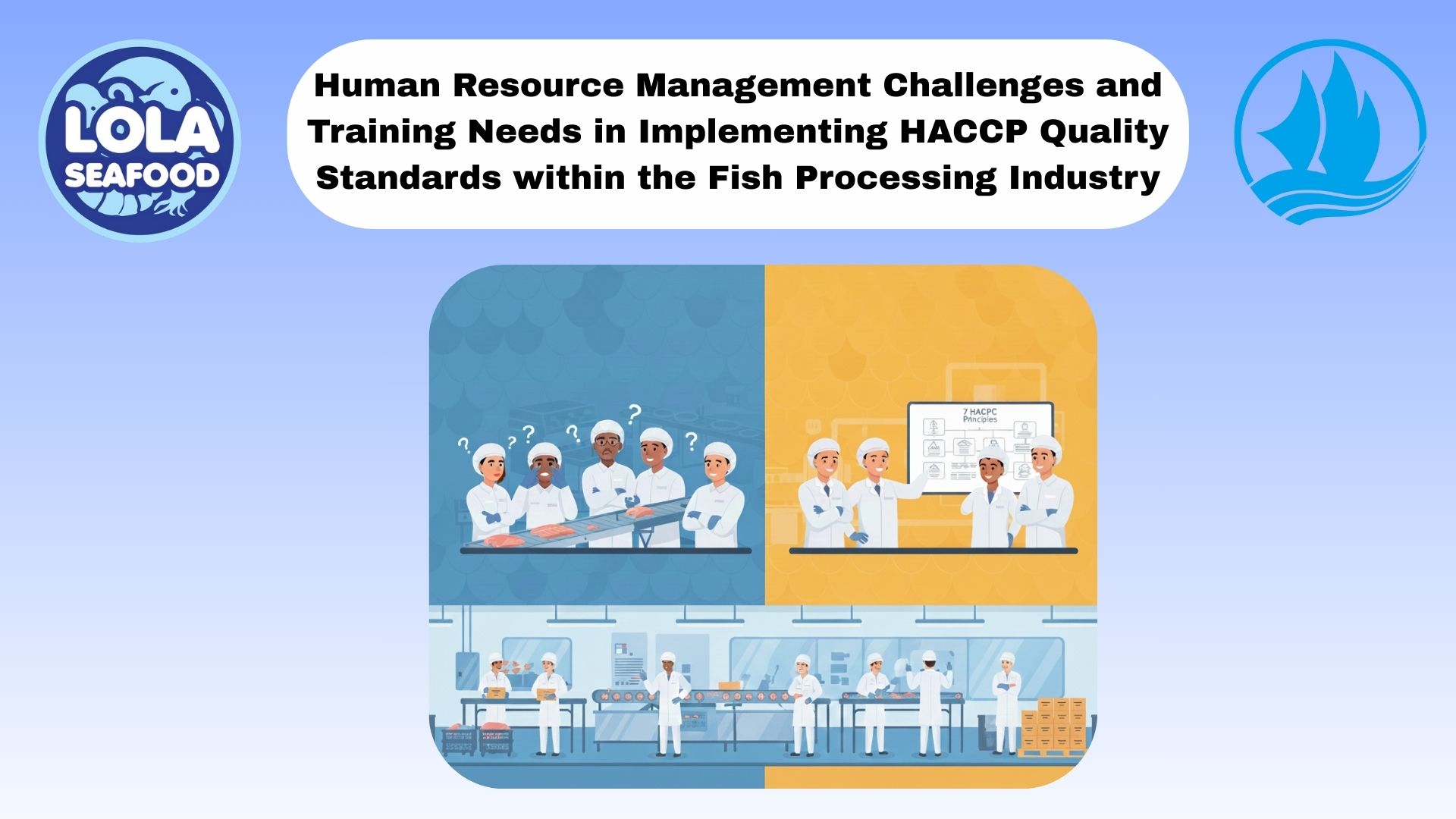Oreochromis Mossambicus Fish
By. Najih - 25 Nov 2024
Oreochromis mossambicus, commonly known as Mozambique tilapia, is a freshwater fish rich in nutrients. It contains approximately 17.9 grams of protein, 22 mg of calcium, and 1.05 mg of iron per 100 grams. This species is an opportunistic omnivore, feeding on a diverse diet that includes detritus, diatoms, phytoplankton, invertebrates, and vegetation.
Nutritional Profile
- Protein: Approximately 17.9 grams per 100 grams
- Calcium: 22 mg per 100 grams
- Iron: 1.05 mg per 100 grams
Dietary Habits
- Mozambique tilapia are known to consume:
- Detritus
- Diatoms
- Phytoplankton
- Invertebrates
- Small fry
- Vegetation (including macroalgae and rooted plants)
Aquaculture and Consumption
- The fish is popular in aquaculture due to its hardiness and adaptability to various environments.
- It has a mild, white flesh that is appealing to consumers, making it a staple in many diets.
- Mozambique tilapia constitutes about 4% of the total tilapia aquaculture production worldwide.
Behavioural Traits
- They exhibit a high tolerance for varying water quality and can thrive in diverse habitats, which contributes to their success in aquaculture.
- Mozambique tilapia are also known for their extended maternal care, which allows for the formation of social bonds among individuals.
Health Benefits
- The high protein content supports muscle growth and repair.
- Calcium is essential for bone health, while iron plays a crucial role in oxygen transport in the blood.
Culinary Uses
- Mozambique tilapia can be prepared in various ways, including grilling, baking, frying, and steaming.
- Its mild flavour allows it to pair well with a variety of seasonings and sauces, making it versatile in culinary applications.
Environmental Impact
- While aquaculture of Mozambique tilapia can provide food security, it is important to manage farming practices to prevent overfishing and habitat destruction.
- Sustainable practices are essential to minimize the ecological footprint of tilapia farming.
This combination of nutritional value, adaptability, and behavioural traits makes Oreochromis mossambicus a significant species in both natural ecosystems and aquaculture. Oreochromis mossambicus is not only a valuable source of nutrition but also plays a vital role in aquaculture and local economies. Its adaptability and resilience make it a key species for sustainable fish farming initiatives.
.jpg)
The Impact of HACCP-Based Integrated Quality Management Programs on the Quality and Competitiveness of Fresh Demersal Fish Products
 and Employee Productivity on the Demersal Fish Processing Floor.jpg)
The Correlation Between Occupational Health and Safety (OHS) and Employee Productivity on the Demersal Fish Processing Floor

Human Resource Management Challenges and Training Needs in Implementing HACCP Quality Standards within the Fish Processing Industry

The Legal Shark Value Chain: Identifying Critical Control Points for Cost Efficiency and Value Enhancement from Catch to Consumer



.jpg)
 in Meeting Global Protein Demand Sustainably.jpg)